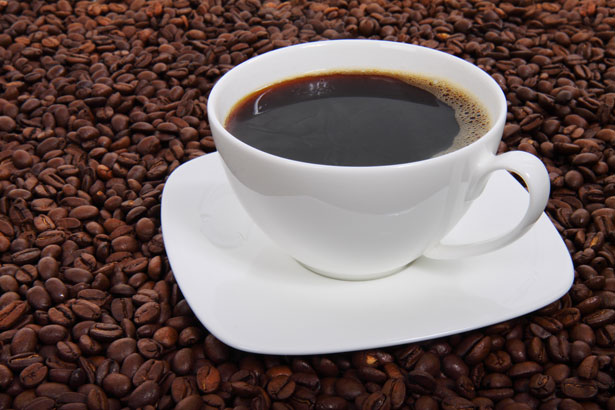On August 7, the Gainesville, Florida city commission voted to make three pedestrian crosswalks less visible, and the pedestrians using them less safe, under threat of funding cuts from Florida’s “Department of Government Efficiency.”
Why does Florida DOGE want to put Gainesville residents at higher risk of injury or death?
If you have to ask why, the answer is usually “money,” and saving money sounds like a reasonable focus for a “government efficiency” project. But that’s not the case here. The costs of painting the crosswalks were borne by a local non-profit. The costs of making the crosswalks less safe will be borne by the taxpayers Florida DOGE supposedly works for.
The real answer is “politics.”
The bright colors in question are the “rainbow” colors associated with the LGBTQ movement, and the local non-profit is the Pride Community Center of North Central Florida.
The Florida GOP’s approach to keeping its based mobilized often consists of currying various kinds of moral panic.
This is just a little opportunistic sprinkle of “OMG TEH QUEERZ ARE HIDING UNDER YOUR BED RIGHT NOW!!!” into the currently more popular “OMG TEH IMMIGRANTZ ARE HIDING UNDER YOUR BED RIGHT NOW!!!” potpourri.
In reluctantly giving in to the state’s demand, the city commission also voted to rename a local street for the late Terry Fleming, a local hero of the LGBTQ community and founder of Pride Community Center. Presumably THAT won’t run counter to the Florida Department of Transportation’s June 30 memo, cited in DOGE’s demand, falsely claiming that highly visible crosswalks jeopardize driver and pedestrian safety.
As of 2023, according to a column by John Henderson in the Gainesville Sun, the city had experienced more than 800 pedestrian and bicyclist injuries in the preceding six years and an average of seven deaths per year. Anecdotally, that problem seems worse around the University of Florida campus, especially at the beginning of school years when thousands of students come to an unfamiliar town and try to navigate unfamiliar streets.
I’m neither especially a fan nor detractor of, specifically, “LGBTQ art” in the public square, but brightly colored crosswalks seem like a cheap and practical way of attracting pedestrians to the right places to cross streets, while also making those crossings more visible to approaching drivers.
I think this might be one of those rare cases where a government program could make things BETTER. My proposal:
Invite local community organizations (not just LGBTQ — all charities, churches, arts programs, etc. welcome) to “adopt a crosswalk” for visibility enhancement with bright color patterns, just like they can now “adopt a street or highway” stretch for periodic cleanup. They pay for the paint and the city’s labor costs. No distracting text, just a little marker next to the crosswalk acknowledging sponsorship.
That would require FDOT and DOGE to get out of the way, and trying to get politics-driven government agencies out of the way is always an uphill fight, but one worth having.
Fewer dead people seems a lot more more important than owning the libs.
Thomas L. Knapp (X: @thomaslknapp | Bluesky: @knappster.bsky.social | Mastodon: @knappster) is director and senior news analyst at the William Lloyd Garrison Center for Libertarian Advocacy Journalism (thegarrisoncenter.org). He lives and works in north central Florida.
PUBLICATION/CITATION HISTORY



